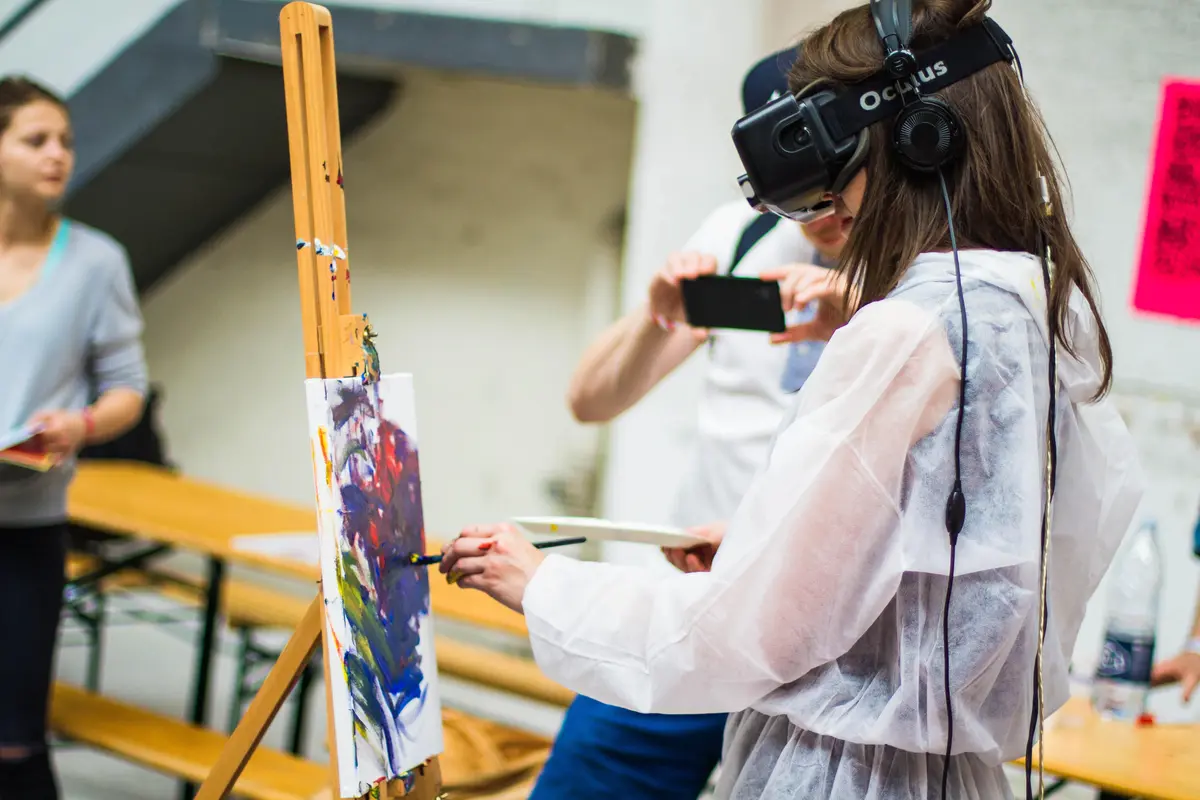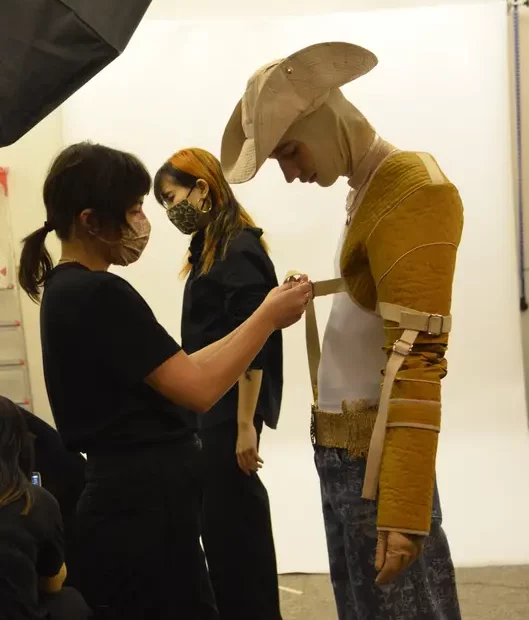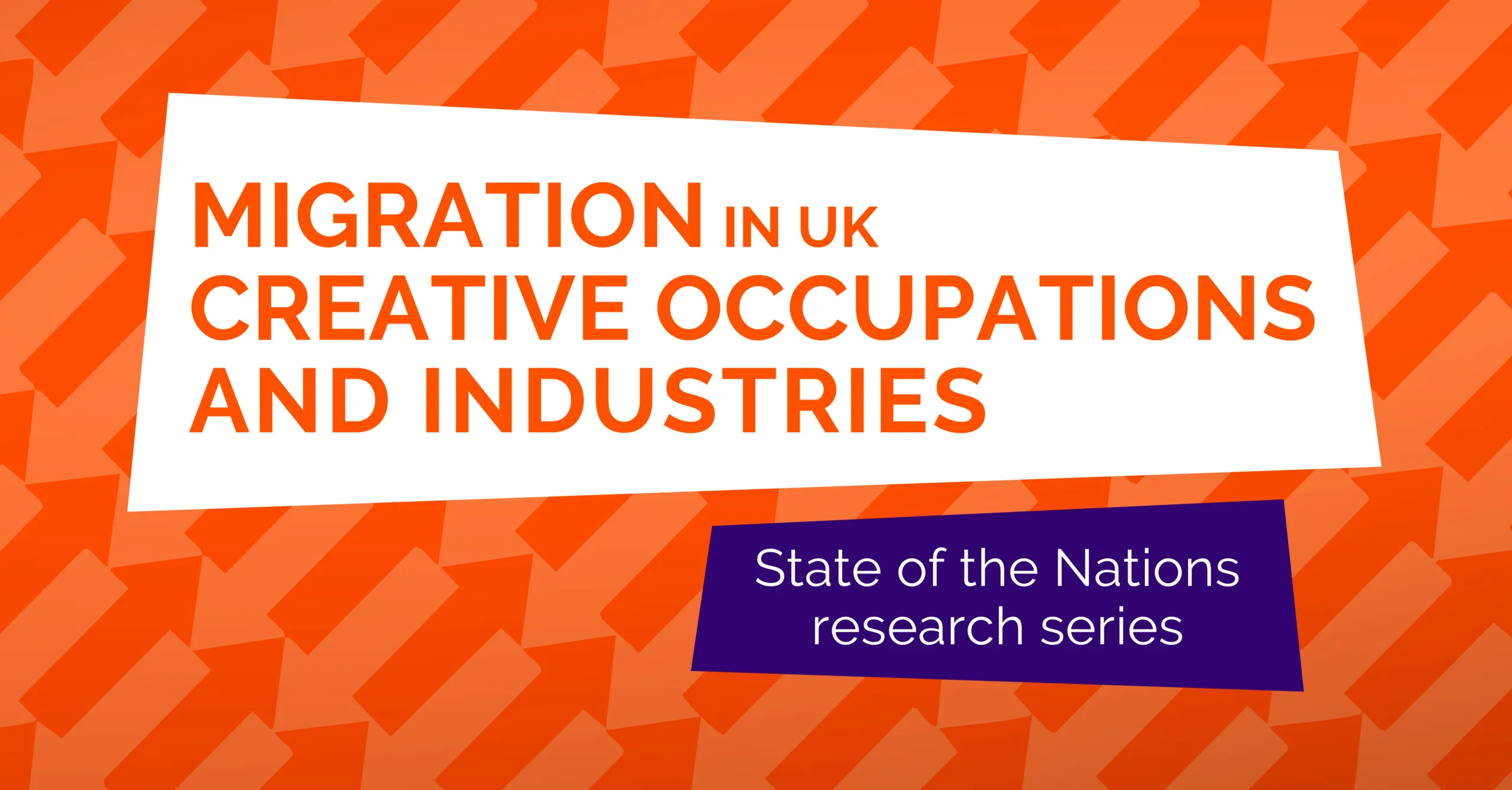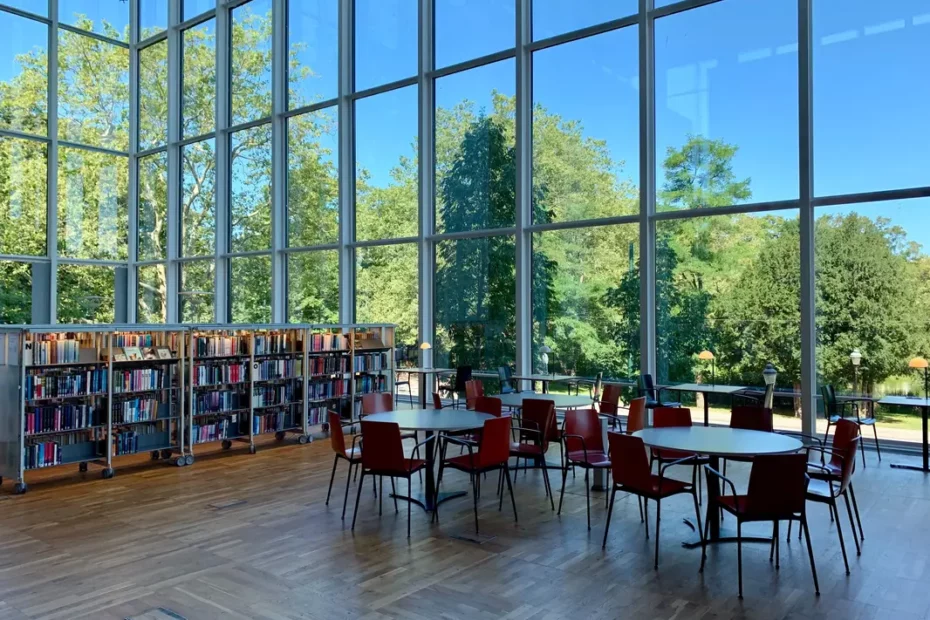Skills, Jobs, and Education
Introduction
The success of the creative industries can be attributed in large part to its workforce. It is the talents, capabilities and innovation of creative workers that have led the sector to make a significant contribution to the UK economy.
Creative PEC’s Skills, Jobs and Education research strand has sought to provide a blend of overarching strategic assessments across the creative economy, combined with a series of more focused deep dives, on topics such as the level of qualifications in the creative workforce or the skill requirements of creative employers.
The research in this theme looks at how our education and employment systems can be better designed to give people good-quality creative jobs and the skills they need to work in the creative industries.
Publications and Posts
Beyond growth: promoting inclusive development of creative clusters in the UK
The UK creative industries have been an economic powerhouse for over two decades, contributing £125 …
Improving young people’s access and progression in work in film, TV and games
Young people can face significant barriers to achieving their full potential in UK society. Disparit…
The Good Work Review
The Good Work Review is the first examination of job quality across the entire creative industries. …
Enhancing creative education
Creative education, which covers a wide array of subjects, from art and design, to media, dance and …
For love or money
Graduate motivations and the economic returns of creative higher education inside and outside the cr…
The creative digital skills revolution
A common finding in studies on the future of work is that employers will increasingly dema…
The migrant and skills needs of creative businesses in the UK
This report details the results of a survey of employers commissioned by the Creative Industries Cou…
Creativity and the future of skills
At a time when all jobs, whether in a coffee shop or a bank, can seemingly be described as creative,…
Authors’ Earnings in the UK
This policy briefing sets out areas for possible policy action, proposed by the researchers at CREAT…
How to design a creative higher education system that supports economic needs
As the UK emerges from the COVID-19 pandemic, the Government is faced with important policy decision…
Freelancers in the Creative Industries
One of the defining features of the creative industries is a high reliance on freelancers wheth…
Recovery and growth for creative freelancers: during and post-pandemic
Insights from our Industry Champions: in partnership with the Centre for Cultural Value At the end o…
Graduate motivations and the economic returns of creative higher education inside and outside the creative industries
Insights for policymakers The creative industries have experienced a glorious decade punctuated by a…
The value of creative higher and further education
Insights from our Industry Champions As part of the Creative Industries Policy and Evidence Centre (…
The role of the university in enhancing creative clusters
Universities are important for driving growth in their local creative industries. At the same time, …
Growth through skills: Lessons from the Thames Estuary Production Corridor
This discussion paper is a case study for how to drive growth within creative clusters through inves…
Creating value in place
The role, contribution and challenges of creative freelance work The creative industries are incredi…
The challenges facing freelancers in Scottish Film and TV
An analysis of 45 years of data from the Film Bang directory COVID-19’s effect on the creative indus…
A skills monitor for the Creative Industries
Workplace perspectives: skill needs, mismatches and development in the Creative Industries This Crea…
Skills, talent and diversity in the creative industries: critical issues and evidence gaps
Following a nine-month evidence synthesis and scoping exercise undertaken by the PEC team leading on…
Highly skilled, international talent helps fuel UK creative industries growth, finds new report
Embargoed 9am (UK time) Tuesday 10 June 2025 As the dust settles on the UK government’s Immigration …
Could the UK be a creative haven for writers? With support from policymakers, yes, says new report
17 August 2023 – The latest Authors’ Earnings Survey, from researchers at the CREATe Research …
Press release: Landmark Creative Industries report says: prioritise creative education, end unequal access to the arts and focus on the regenerative power of the creative sector
27 April 2023 – Today, the Creative PEC launches a landmark report – The State…
Press release: Growing skills shortage & international trade decline post-Brexit
NEWS RELEASE Download the Press ReleaseEmbargoed: 00.01 UK time Thursday 30th March Two papers …
Press release: Major review of job quality in the Creative Industries
Published today: 23rd February 2023 Download the Press Release The Creative Industries – from …
Press release: What happens to coastal towns when the holiday-makers leave?
Could investment in the Creative Industries be key to year-round, economic development? Could invest…
Take part in the PEC’s Good Work Review
A call for evidence about the quality of work in the creative sector Call for Evidence Deadline for …
Press release: New independent review marks vital opportunity to improve working conditions in the Creative Industries
PEC launches six-week Call for Evidence for submissions on job quality and working practices Monday …
Creative education is vital to a post Covid-19 recovery
Press release: New research involving over 7,000 secondary school teachers finds creative subject te…
One Size Can’t Fit All: A Fortnight of Research and Policy on Creative Freelancers
Two weeks of the latest research and policy to help support creative freelancers Almost one third of…
Response to the 2021 Budget: R&D, migration, skills and levelling-up
Our response to the 2021 Budget The PEC’s response to the 2021 Budget The creative industries –…
Press release: New research shows creativity will become even more important to the growth of jobs between now and 2030
First study from the PEC uses 35 million UK job adverts to look at creativity & the future workf…
Taking stock of the Creative Industries Sector Plan
We summarise some of the key sector-wide announcements from the Creative Industries Sector Plan.
What does the 2025 Spending Review mean for the creative industries?
A read out from Creative PEC Bernard Hay and Emily Hopkins On Wednesday 11th June the UK Government …
Why accredited qualifications matter in journalism
Journalism occupations are included on the DCMS’s list of Creative Occupations and, numbering around…
Creative self-employed workforce in England and Wales
Dr Ruoxi Wang, University of Sheffield and Bernard Hay, Head of Policy at Creative PEC Self-employed…
Lifelong learning in the creative industries, part 2: the solutions
In part 2 of the blog, our Industry Champions discuss possible solutions to the challenges of lifelo…
Lifelong learning in the creative industries – part 1: the challenges
Our Industry Champions discussed the challenges faced in creative industries education and lifelong …
How a placed-based employment programme is bringing creative workers back to Northern Ireland
The Department for Communities (DfC) recently awarded £4.7 million to Future Screens NI (F…
Class inequality in the Creative Industries is rooted in unequal access to arts and cultural education
There is an incoherence at the heart of government policy. While Culture Secretary Nadine Dorries is…
Differences in creativity across Art and STEM: We are more alike than unalike
There is a rapidly growing body of international evidence(1) that skills such as creative probl…
What value Higher Education?
Education is an investment, and not just in a narrow financial sense. It is often life changing, and…
Wired! How 24/7 culture can put pressure on social media employees in the creative industries
What can professional networks, industry, funders and policy-makers do to ensure that digital worker…
Plugging the Data Gap: Freelance Workers in the Creative Industries
The Covid-19 crisis has highlighted the lack of available data on the self-employed and freelance wo…











































